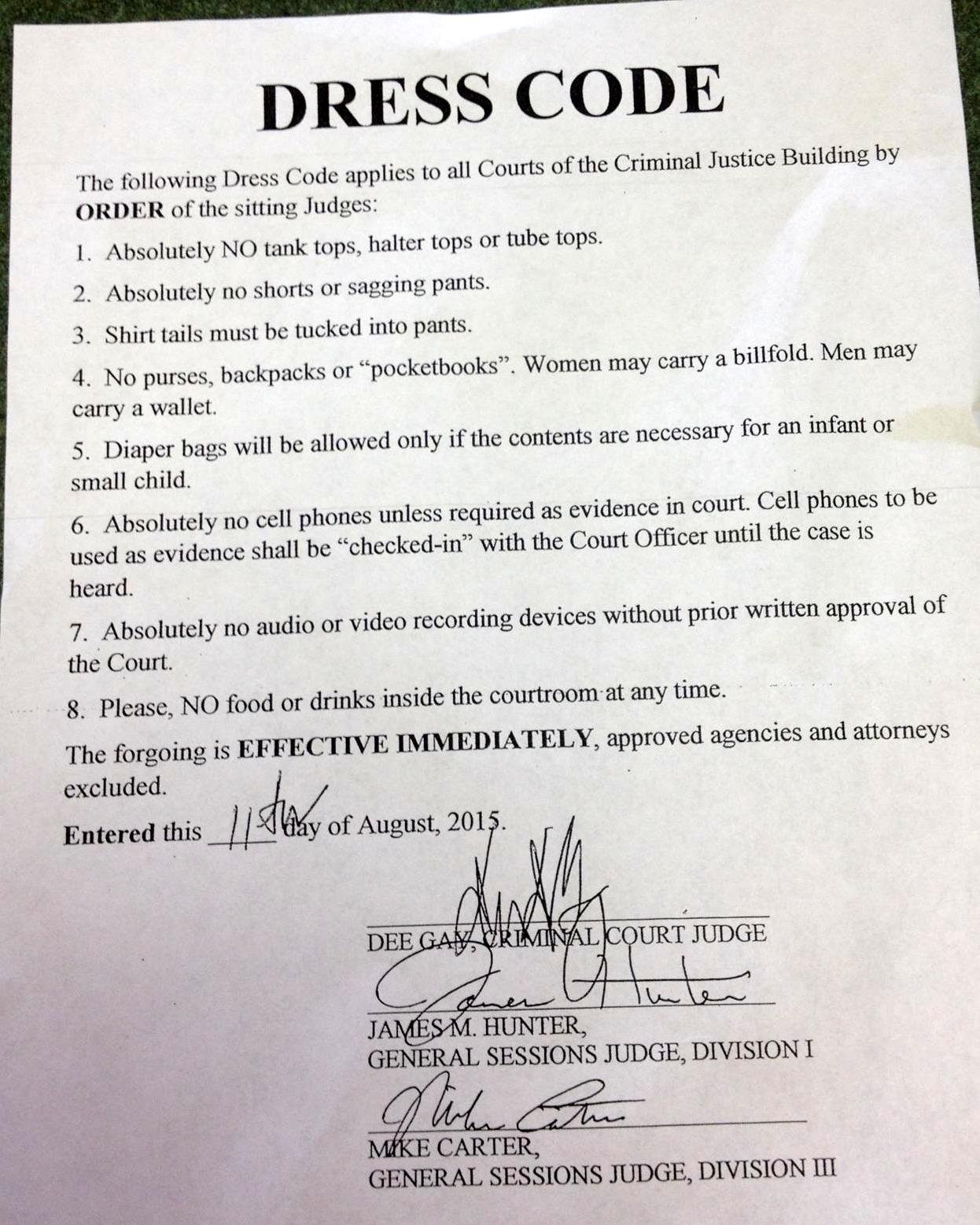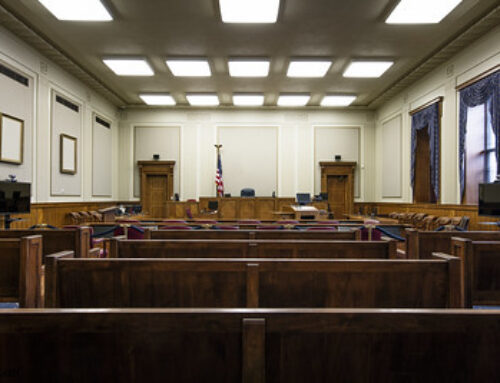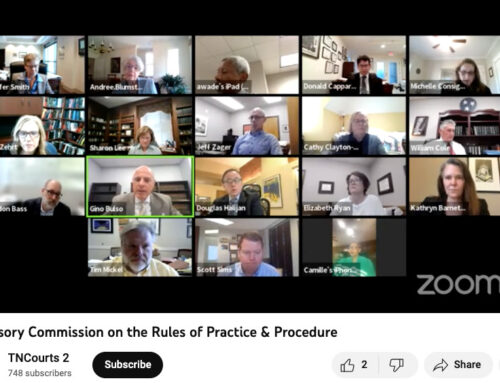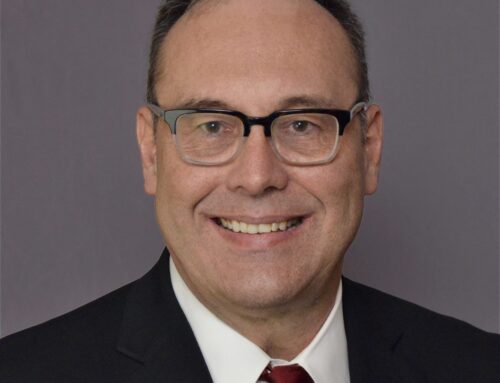Monday, Aug. 17 UPDATE – Local journalist Sonya Thompson, editor of the Portland Leader, reached out to the Sumner County courts last week to clarify whether media could bring smart phones or tablets into the courtroom, if used quietly with no sound. Judge Dee Gay confirmed today for her that media can continue to use smart phones (as long as they don’t go off in the courtroom), as well as devices that can take photo or audio as long as journalists let the court know in advance as outlined in Rule 30. He said advance notice is needed so he can alert security personnel so that they know the journalist will be there.
Posted last week:
While respectful of judges who need to maintain decorum and a fair trial, this rule adopted in Sumner County Courts on Tuesday overlooks the need of journalists to use smartphones in their reporting duties.
As one reporter in a small town put it to me this morning, she uses her smartphone to take notes, serve as a recorder, and stay in touch with the office. She’s a “one-man” show in her small community newspaper so if she’s going to be in court for several hours covering a case, she needs to be able to stay in touch. (Quietly and in a non-disruptive manner, of course, such as through texting). If she can’t do that, it will directly affect her ability to be in court to provide that coverage.
Today’s the deadline to submit comments to the Tennessee Supreme Court on proposed changes to Rule 30, which governs media coverage in the courtroom in Tennessee and deals with this very issue. (Submit here). TCOG has written quite a bit about this because we believe it is essential to get things right so that a free flow of information about what’s happening inside our courtrooms can continue.
Blake Farmer, the president of the Middle Tennessee chapter of Society of Professional Journalists, put it this way in comments to the Tennessee Supreme Court, filed today:
Technology is a blessing and a curse to modern reporters. Please don’t create one more hoop to jump through before reporting on courtroom activity. Doesn’t the court want more coverage, not less? Making a hearing harder to cover effectively reduces the ability to report on it. It’s that simple.
The need for decorum is clearly understood. SPJ’s TV and radio journalist members are well accustomed to the requirements to seek permission 48-hours in advance. But to apply this same standard to something as essential to reporting as a smartphone seems to misunderstand the job of a 21st century journalist. This is like taking up someone’s pen and notebook.
An alternate version of Rule 30 proposed by the Tennessee Bar Association considers both the need for open courts and the need for maintaining a fair and non-disruptive atmosphere. TCOG advocates adopting the TBA’s revised version.
You can read comments submitted and filed so far by the court on the Rule 30 proposed change at this link: Submitted comments and more submitted comments.





